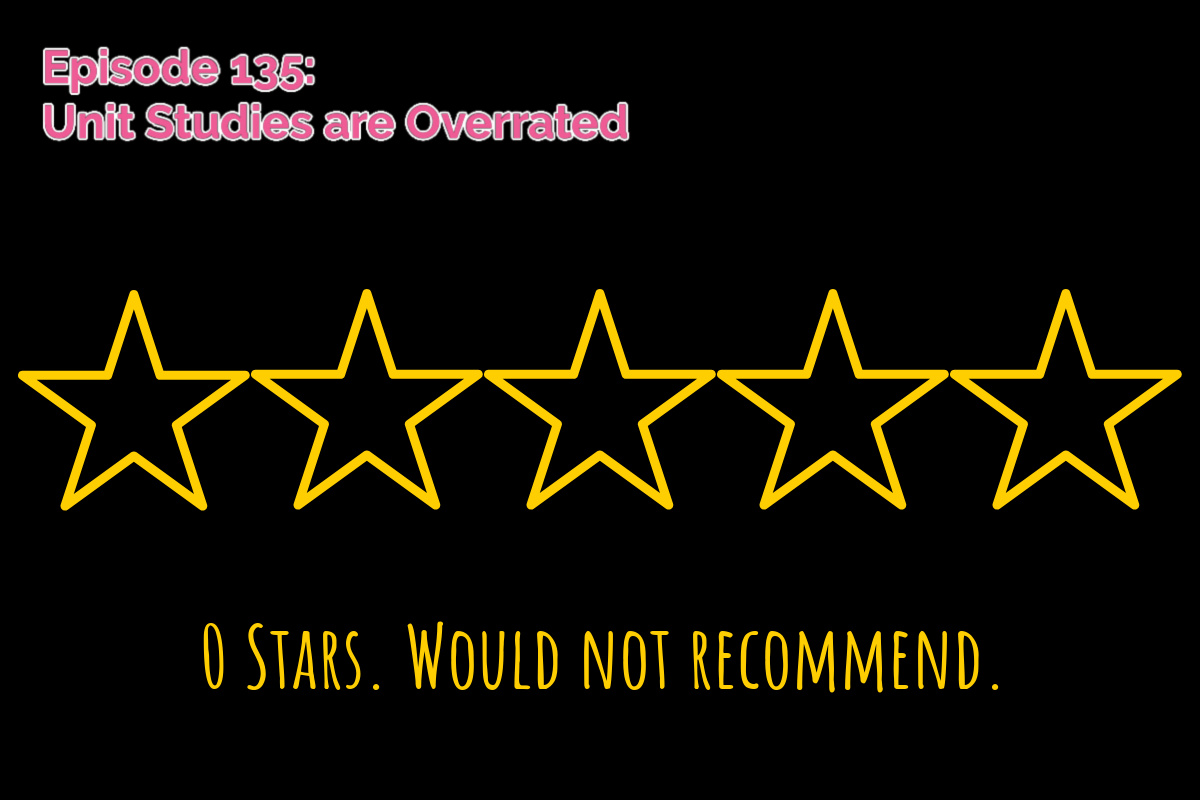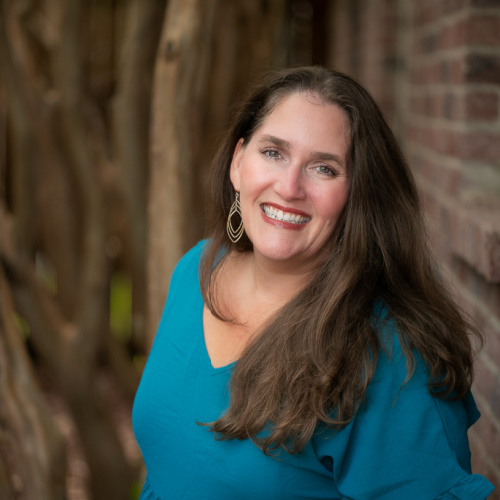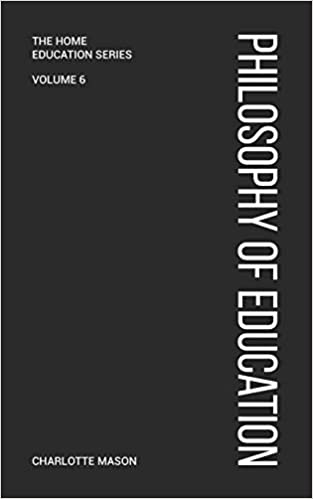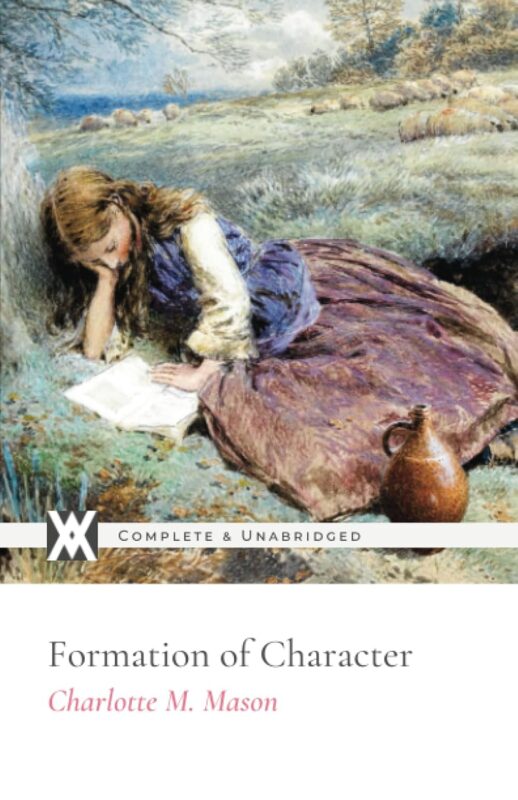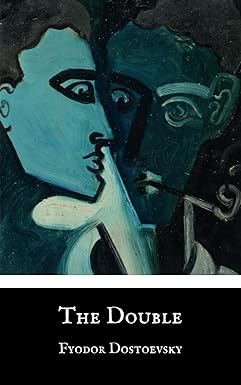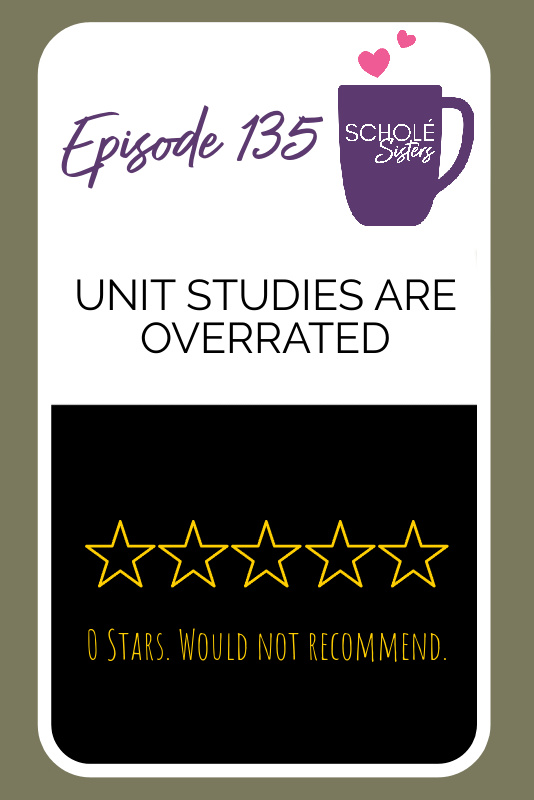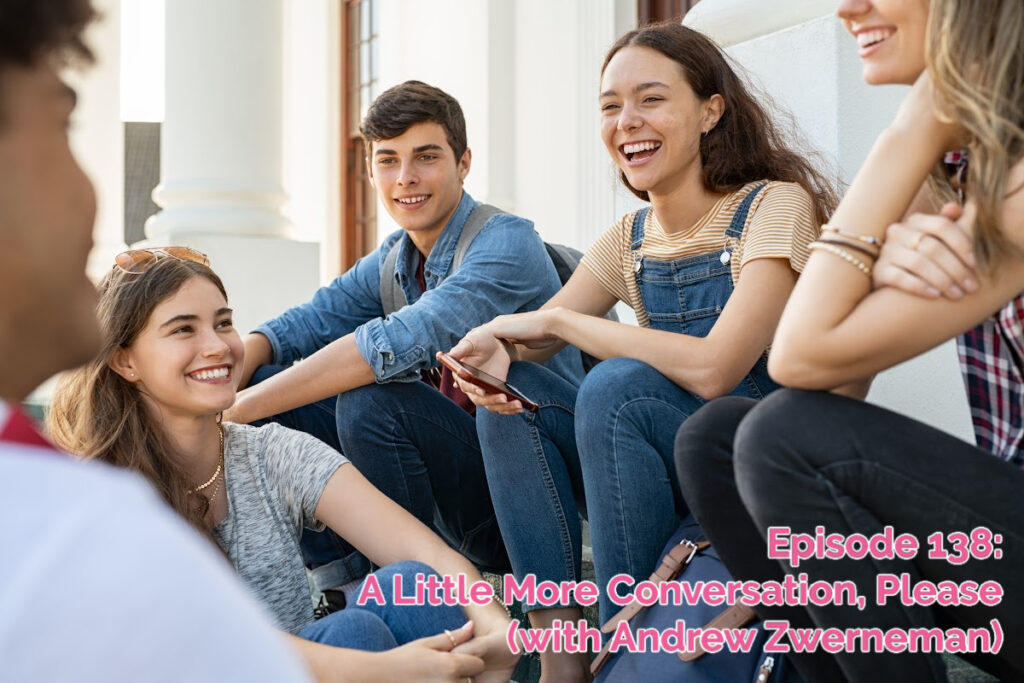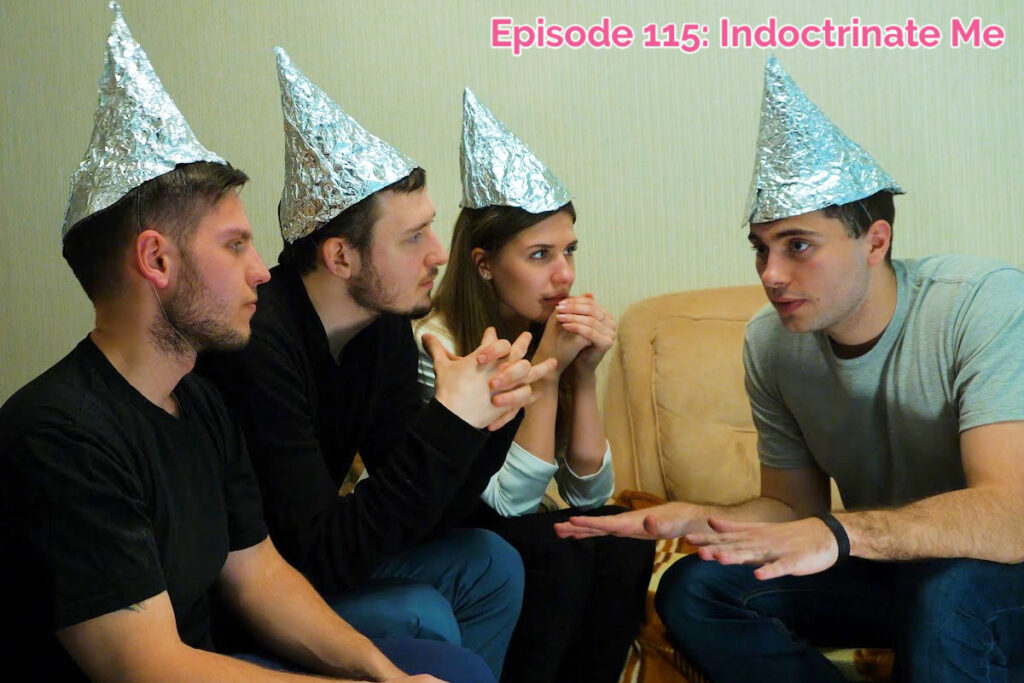SS #135 – Unit Studies Are Overrated
Years ago we did an episode that Pam titled “Learning Styles are Bunk.” Inspired by that episode and the fact that this one pairs nicely with it, Mystie recommended we call this one “Unit Studies are Overrated.” We will see if you agree with us by the end of the episode!
Listen to the podcast:
TUNE IN:
Apple Podcasts | Spotify | Stitcher
Unit Studies Aren’t the Best
Today’s Hosts and Source
“Herbart’s psychology is extraordinarily gratifying and attractive to teachers who are, like other people, eager to magnify their office; and here is a scheme which shows how every child is a new creation as he comes forth from the hands of his teacher. The teacher learns how to do it; he has but to draw together a mass of those ideas which themselves will combine in the mind into which they effect an entrance, and, behold, the thing is done: the teacher has done it; he has selected. the ideas, shewn the correlation of each with the other and the work is complete! The ideas establish themselves, the most potent rule and gather force, and if these be good, the man is made.”
Volume 6, chapter 7 – read here on AmblesideOnline
Scholé Every Day: What We’re Reading
Faith. Hope. Love. Mark Jones
Mystie read this practical theology basics work in catechetical form for her local book club.
The Double, Dostoevsky
Abby is reading this Russian short story because it’s what she ended up with at her book club’s white elephant book exchange.
Formation of Character, Charlotte Mason
Brandy found a new local book club in Texas that’s reading the same book her California group was reading!
The history of unit studies
Herbart invented unit studies based on his theory that unless knowledge is connected like links on a chain for a student to receive. Initially, they were called unification studies, and Charlotte Mason was not a fan.
The idea behind unit studies is based on a theory of the way the mind works. The nineteenth and twentieth centuries were rife with pop anthropological “scientific” theories, and Herbart was a mover and shaker in the educational field in his day – to Charlotte Mason’s great dismay, because she vehemently disagrees with his theories of the mind and of children.
How do kids learn?
Herbart believed children’s minds were buckets and whether or not they received knowledge was only a matter of how it was prepared and presented. The work of filling was the job of the teacher; students are merely passive vessels.
Charlotte Mason, on the other hand, views the mind of all people – including children – as a spiritual organism that has to work itself to gain nature.
A popular application of evolution in the early modern period was a theory that babies underwent their own mini-evolution – in gestation, chaos is evolving into a human form. Then the child evolves rather than grows and matures into a full person. Therefore, what works for adults or the way adult minds work is irrelevant to children.
This is why Charlotte Mason was so insistent that children are born persons – she’s clarifying that they do not become persons through personal evolution or education.
Who is learning with unit studies?
Learning is work. Teachers can’t learn for students, but that is the underlying assumption behind the concept of unit studies. Teachers enjoy making them because it allows them to be creative and to learn and engage. The students, however, are then left as recipients of someone else’s work. They do not own the learning. They mind have a fun time, but they aren’t learning how to gain knowledge for themselves.
Under unit studies, students will remain dependent on receiving pre-packaged learning from others who have done the work to make it fun and palatable. Perhaps they mind pick up some tidbits of knowledge, but they have no practice in learning for themselves.
The conscientious, ingenious and laborious teachers who produce these ‘concentration series’ are little aware that each such lesson is an act of lese majesté. The children who are capable of and eager for a wide range of knowledge and literary expression are reduced to inanities; a lifelong ennui is set up; every approach to knowledge suggests avenues for boredom, and the children’s minds sicken and perish long before their school-days come to an end. I have pursued this subject at some length because we, too, believe in ideas as the proper and only diet upon which children’s minds grow.
Charlotte Mason
The appeal of unit studies
Moms want to feel like they’re doing something.
Moms want learning to be fun.
For many moms now, unit study teachers in the public school were their favorite teachers, so it’s what they know and picture when they think about what school should look like.
Unit studies might be appropriate in the younger years because children just need exposure to good books and ideas. A mom who becomes excited for learning herself, who enjoys learning herself, is good for her and for the kids later. So if unit studies wakes up a mom’s desire to learn, it can be beneficial at first.
However, there will come a time where it’s no longer helpful or appropriate because children have to be called upon to do the work at some point.
The work of learning
Unit studies give an illusion of control to teachers, which is very appealing but a false solution.
Leaving a child to try, work, to struggle with gaining knowledge is necessary if they are going to become an educated person who is a lifelong learner.
It is possible to make education too easy for children and to rob learning of the mental discipline which often wearies but in the end produces concentration and the capacity to work alone . . . He is rarely left to himself with the book in his hands, forced to concentrate all his mind on the dull words before him with no one at hand to explain or make the memory work easier by little tricks of repetition and association.
Charlotte Mason
It’s easy to give instructions and a checklist for a unit study. It’s very difficult to learn how to lead children into the work of learning and hold them accountable to doing that work, especially if all conflict makes mom anxious.
Mentioned in the Episode
Listen to related episodes:
SS #138 – A little more conversation, please (with Andrew Zwerneman!!)
SS #115 – Indoctrinate Me
SS #84: Passport to Foreign Language
Teaching as Trekking: What a Teacher Ought to Be


